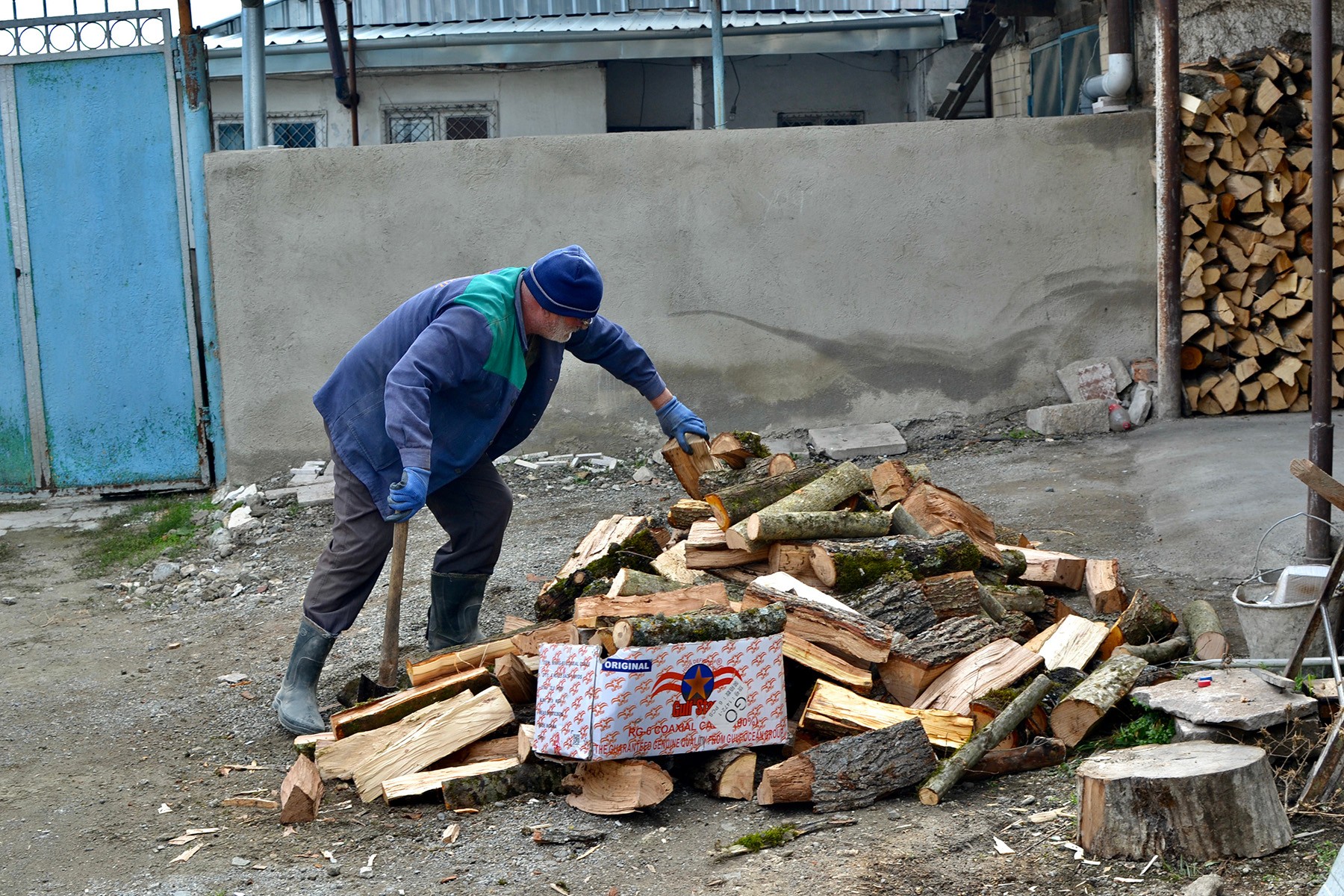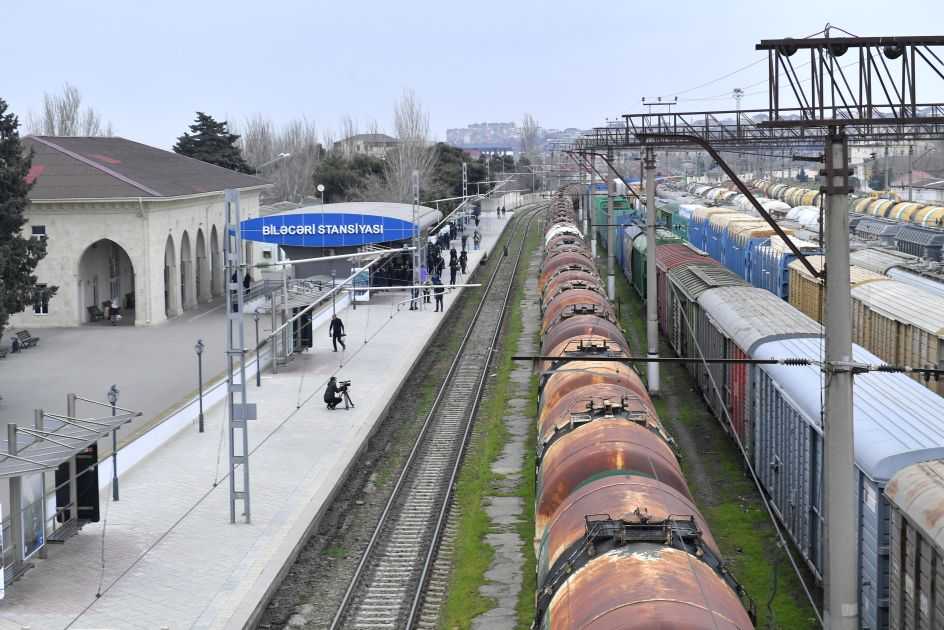
Nagorno-Karabakh’s gas supply has been cut for the second time since the beginning of the Lachin Corridor blockade. This comes against a backdrop of daily power cuts following damage to the cable supplying the region with electricity.
In an announcement on Facebook, Mesrop Arakelyan, an adviser to the region’s state minister, Ruben Vardanyan, accused Azerbaijan of aiming to ‘depopulate’ Nagorno-Karabakh.
The region has been under blockade since 12 December, when a group of Azerbaijanis claiming to be ‘eco-activists’ blocked the sole road connecting Nagorno-Karabakh to the outside world.
According to Artsakhgas, the region’s gas provider, the gas supply to Nagorno-Karabakh was cut at 13:00 on Tuesday. Nagorno-Karabakh receives gas from Armenia via a pipe that passes through Azerbaijan-controlled territories.
The region’s gas supply was previously cut for three days from 13 December, a day after the Lachin Corridor was blocked. Authorities in Stepanakert then also accused Azerbaijan of being responsible for the issue, and accused the country of ‘humanitarian and economic terrorism’ against the Armenian population of Nagorno-Karabakh.
Internet cuts, electricity shortages, and rationing
Nagorno-Karabakh has been experiencing issues with other key utilities in the past week.
On 12 January, the authorities reported that the cable supplying the region with internet had been damaged near the area where Azerbaijani ‘eco-activists’ were blocking the Lachin Corridor. The internet disruption lasted for a day, and was resolved with the mediation of Russian peacekeepers, allowing Nagorno-Karabakh Armenians to repair the damaged cable.
Earlier the same week, Nagorno-Karabakh reported damage to the cable supplying the region with electricity from Armenia. According to Nagorno-Karabakh officials, damage to the cable took place on 9 January in territory under Azerbaijani control.
Nagorno-Karabakh has since been relying on electricity produced within the region, mostly by hydropower plants, though this falls short of meeting demand leading to rolling power cuts. Most of the region’s hydropower plants fell under Azerbaijani control following the Second Nagorno-Karabakh War in 2020. Those that remain under the control of Stepanakert reduced productivity due to security issues.
Daily two-hour power cuts instituted on 9 January were replaced with four-hour daily power cuts on 17 January.
Since shortly after the beginning of the blockade, shortages of food and medicine have been reported in Nagorno-Karabakh, with the region’s government last week announcing that rationing of certain staple foods would begin on 17 January.
[Read more: Nagorno-Karabakh introduces rationing and blackouts as blockade continues]
Prior to the blockade, Nagorno-Karabakh imported 400 tonnes of goods from Armenia daily, according to the government. While Red Cross and Russian peacekeeper vehicles have been permitted to pass through the blockade, the region’s government maintains that supplies of humanitarian aid have been insufficient.
According to official figures, about 700 local businesses have suspended their operations since the blockade, with around 3,500 of the region’s roughly 120,000 residents losing their jobs.
While the activists blocking the road initially demanded that Azerbaijani experts be allowed to visit the Kashen (Damirli) and Drmbon (Qizilbulag) mines in Nagorno-Karabakh, their demands have since grown to include Azerbaijani control of the currently Russian-controlled Lachin Corridor, and an Azerbaijani checkpoint for cargo vehicles entering and leaving Nagorno-Karabakh.
Nagorno-Karabakh’s government announced on 28 December that it had suspended operations of the Kashen copper-molybdenum mine until an international examination had been conducted, and had filed a request with the United Nations to send an inspection team. Neither Azerbaijani authorities nor the protesters have responded to the announcement.
For ease of reading, we choose not to use qualifiers such as ‘de facto’, ‘unrecognised’, or ‘partially recognised’ when discussing institutions or political positions within Abkhazia, Nagorno-Karabakh, and South Ossetia. This does not imply a position on their status.








